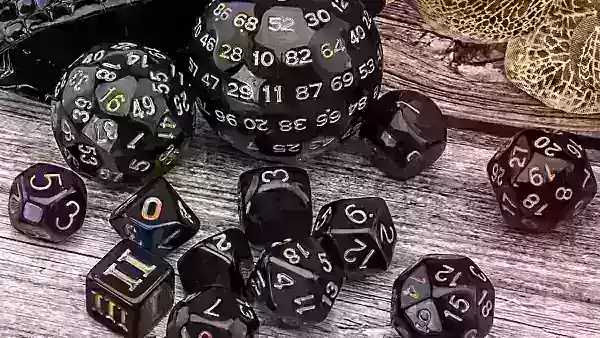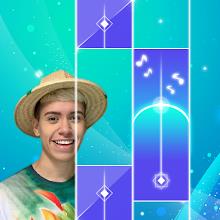"Elden Ring's Nightreign Echoes Forgotten God of War Spirit"
The first round of network tests for Elden Ring Nightreign, the upcoming standalone multiplayer game from FromSoftware, took place this past weekend. Unlike the Shadow of the Erdtree DLC released last year, Nightreign diverges significantly from its parent game, Elden Ring. Instead of an expansive open world, Nightreign adopts a more focused survival format. In this game, three-player teams parachute into progressively shrinking maps, engaging in battles against enemy groups and increasingly formidable bosses. This design choice clearly draws inspiration from the wildly popular Fortnite, which boasts a staggering 200 million players this month alone.
However, Nightreign shares an even more striking resemblance to a lesser-known and often criticized game: God of War: Ascension from 2013. And this comparison is a positive one.
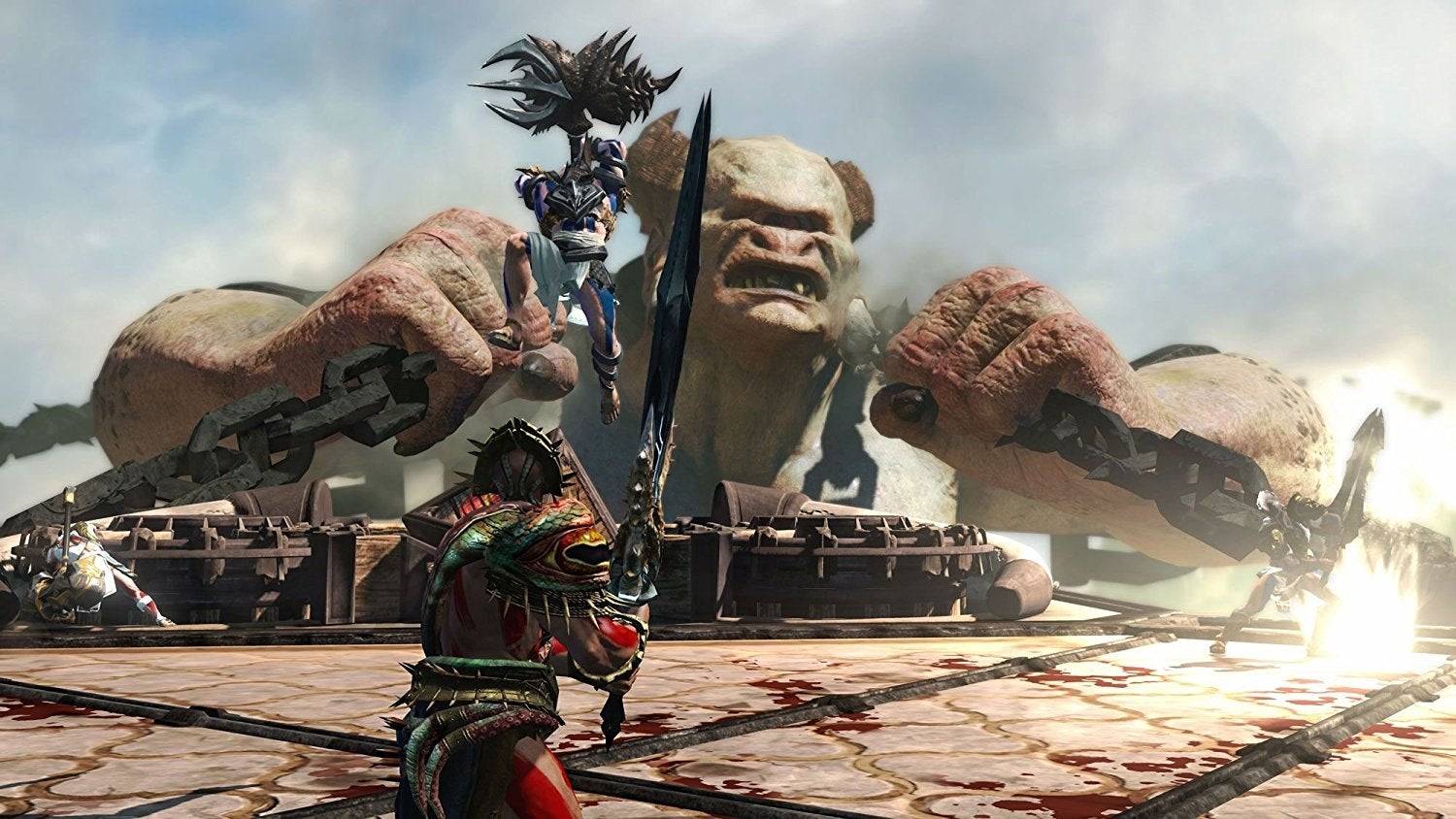
God of War: Ascension, released between God of War 3 and the 2018 Norse-themed reboot, serves as a prequel to the original Greek mythology trilogy. It follows Kratos as he attempts to sever his oath to Aries. While it may not have reached the epic climax of the original trilogy, Ascension is often unfairly dismissed as the franchise's black sheep. Despite not matching the grandeur of Kratos' battle with Zeus, Ascension features impressive set-pieces, such as the Prison of the Damned—a dungeon carved into the flesh and bones of a 100-armed giant. More importantly, it introduced something novel to the series: multiplayer.
In Ascension, the cooperative PvE mode, Trial of the Gods, mirrors Elden Ring Nightreign in many ways. As players progress through the Prison of the Damned in the story mode, they encounter an NPC who prematurely celebrates being saved, only to be crushed by the level's boss. In multiplayer mode, this same NPC becomes the player character, teleported to Olympus and tasked with pledging allegiance to one of four gods—Zeus, Poseidon, Hades, or Aries. Each god provides unique weapons, armor, and magic attacks, which players use across five multiplayer modes, four of which are competitive PvP.
The fifth mode, Trial of the Gods, is a cooperative PvE experience that closely resembles Elden Ring Nightreign.
Gameplay previews of Nightreign by prominent "Soulsborne" YouTubers like VaatiVidya and Iron Pineapple, as well as coverage from IGN, highlight the similarities between FromSoftware's latest offering and live service games like Fortnite. Nightreign incorporates randomized loot, resource management, and environmental hazards that challenge players by damaging their health and restricting their movement. It even pays homage to Fortnite by having players drop into the level from the sky, guided by spirit birds to their chosen landing spot.
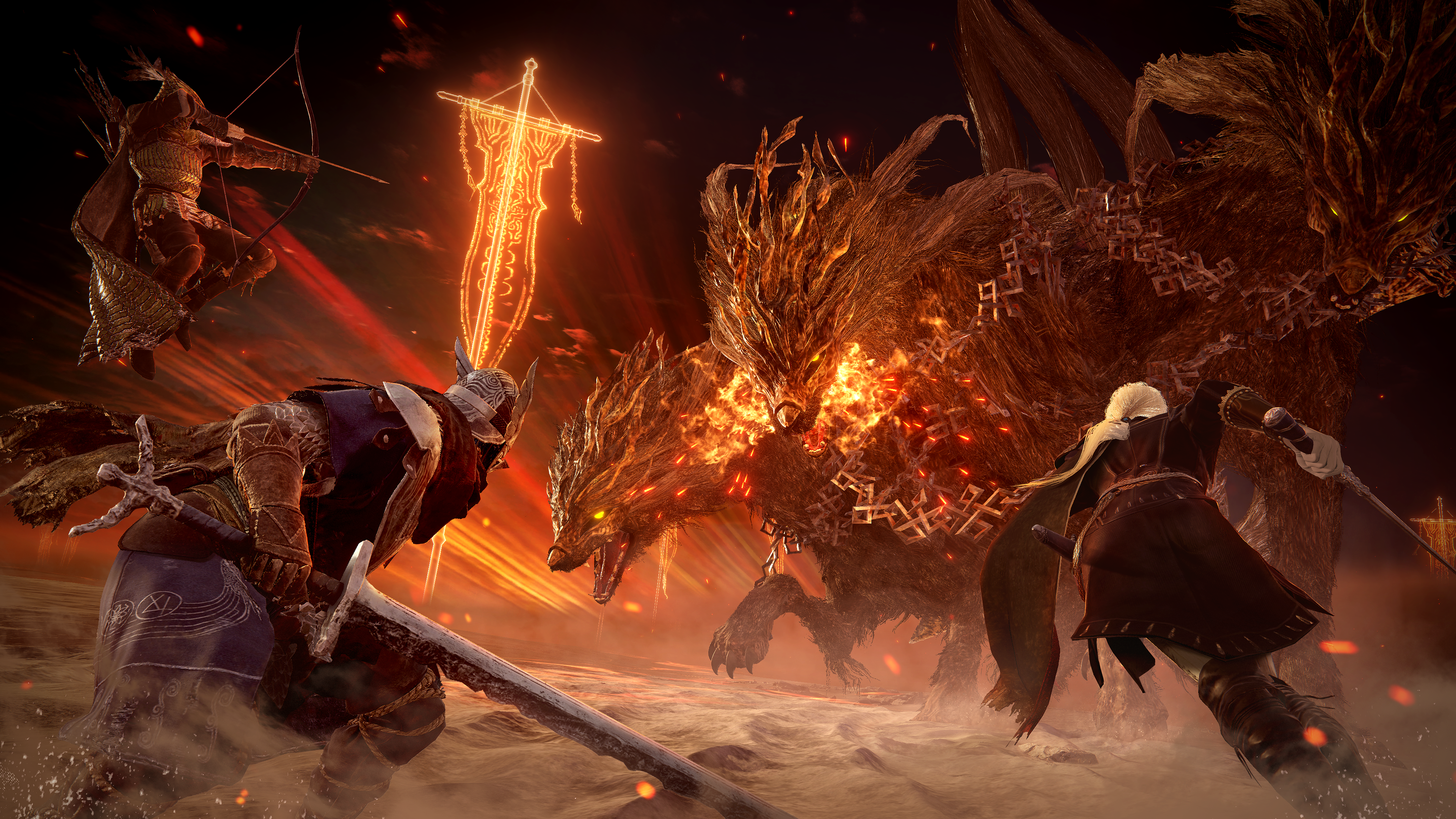
While God of War: Ascension lacks the battle royale-style drop-in mechanics, a deeper look reveals significant similarities with Nightreign. Both games feature cooperative modes where teams of two or more confront increasingly difficult enemies. Both allow players to battle iconic bosses from previous titles, such as Hercules from God of War 3 or the Nameless King from Dark Souls 3. Both have a countdown mechanism (with Ascension's being pausable by defeating enemies) and take place on maps that are either small or shrinking. Additionally, both are multiplayer games developed by studios renowned for their single-player experiences, and neither had direct oversight from their series' creators; Elden Ring director Hidetaka Miyazaki is currently working on an undisclosed project, while the directors of the original God of War trilogy—David Jaffe, Cory Barlog, and Stig Asmussen—had left Sony Santa Monica by the time Ascension was developed.
Most importantly, Nightreign elicits the same response from players as Ascension's Trial of the Gods did. Participants in FromSoftware's network test described their runs as a thrilling race against time. In contrast to the more relaxed pace of the base game, where players can approach challenges in various ways with different weapons and abilities, Nightreign compels players to rely on instinct, accelerating the pace and limiting resources. As VaatiVidya noted, these constraints are "made in the name of speed and efficiency." For instance, without Torrent, players can now channel their inner spirit horse to run faster and jump higher.
Ascension's multiplayer mode similarly adjusted its single-player blueprint for tighter pacing, employing techniques akin to those in Nightreign. It increased player speed, extended jumps, automated parkour, and introduced a grapple attack to pull objects closer—a mechanic also used by Nightreign's Wylder character. These new moves are crucial, as while the combat itself isn't overly challenging, the sheer number of enemies in Trial of the Gods demands every second be utilized effectively. Players and their teammates find themselves dashing around like relentless warriors, hacking and slashing through hordes with calculated ferocity.
AnswerSee ResultsThe resemblance between Nightreign and Ascension is surprising, not only because much of Ascension has faded from memory but also because the Soulslike genre, to which Elden Ring belongs, initially stood in stark contrast to God of War. While God of War lets players embody a god-slaying warrior, the Soulslike genre casts players as nameless, cursed undead facing daunting challenges from even regular foes. One series rarely shows its game over screen, while the other frequently confronts players with it, evoking a mix of frustration and triumph.
However, the challenge that once defined FromSoftware's earlier games has lessened over time as players have honed their skills and developers have introduced more powerful weapons and spells, leading to numerous game-breaking builds since Elden Ring's launch. Nightreign aims to reintroduce this challenge by limiting access to these builds. At the same time, it offers seasoned players the same thrill God of War: Ascension provided: the chance to feel like a time-pressed, vengeful Spartan.
-
Dungeons & Dragons (D&D) is the iconic tabletop role-playing game that combines collaborative storytelling with strategic gameplay through dice mechanics. Fueled by mainstream hits like the "Honor Among Thieves" movie and Baldur's Gate 3's success, tAuthor : Dylan Feb 24,2026
-
Randy Pitchford has responded to the criticism surrounding his controversial "$80 for real fans" tweet about Borderlands 4 after someone transformed it using a Handsome Jack AI voice.The backlash began when Pitchford replied to a concerned fan worrieAuthor : Ethan Feb 23,2026
-
 Mask Evolution: 3D Run GameDownload
Mask Evolution: 3D Run GameDownload -
 Weekend Lollygagging modDownload
Weekend Lollygagging modDownload -
 Cartoons QuizDownload
Cartoons QuizDownload -
 Siêu hũ Thiên Thai CLUBDownload
Siêu hũ Thiên Thai CLUBDownload -
 4 Фото 1 Слово. Где логика?Download
4 Фото 1 Слово. Где логика?Download -
 Words Crush: Hidden Words!Download
Words Crush: Hidden Words!Download -
 High Neck RunDownload
High Neck RunDownload -
 Game Tổng hợpDownload
Game Tổng hợpDownload -
 Journey to BlissDownload
Journey to BlissDownload -
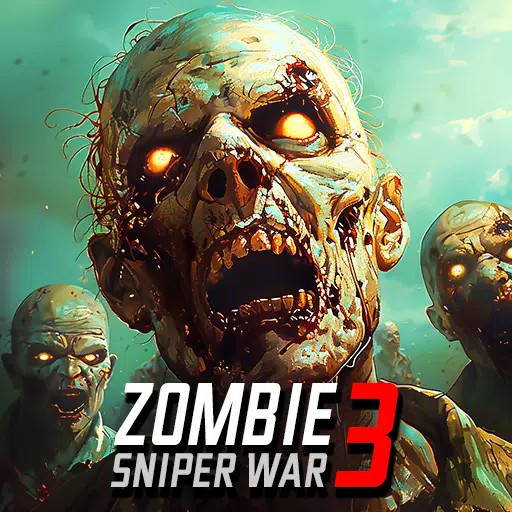 Zombie Sniper War 3Download
Zombie Sniper War 3Download
- Classic WoW vs. Turtle WoW: 6 Key Differences
- Mastering Two-Handed Weapons in Elden Ring: A Guide
- Roblox Simulator Codes: Unlock Exclusive Rewards!
- Wuthering Waves: Uncover the Secrets of Whisperwind Haven's Palette
- Ultimate Guide to Shinigami Progression in Hollow Era
- Top 25 Palworld Mods to Enhance Your Game

